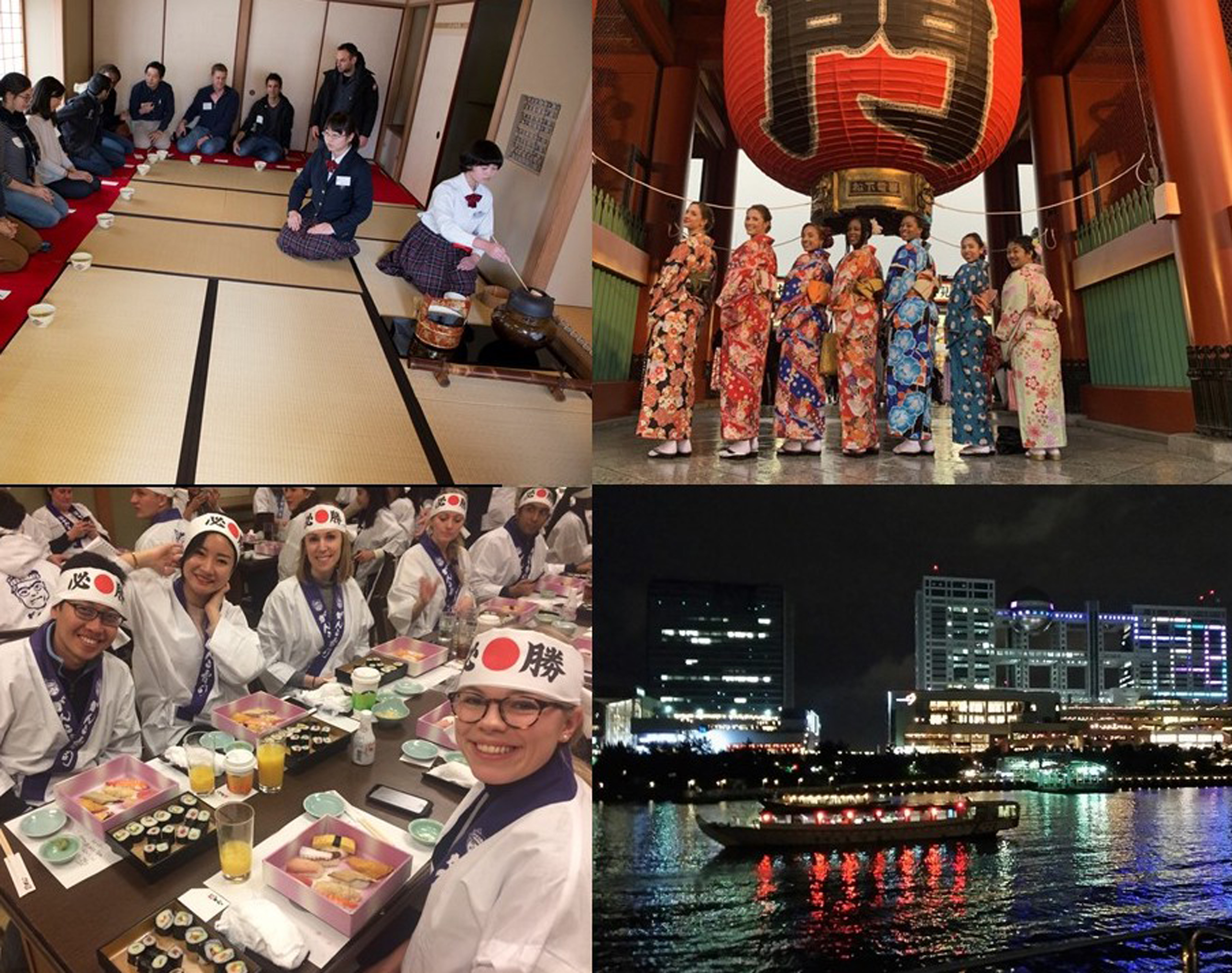
Researchers from Giant Magellan Telescope will lead a talk called “Are We Alone in the Universe?” (6 p.m. Wednesday during “24 Hours of Harvard,” part of Worldwide Week).
Photo by Damien Jemison, Giant Magellan Telescope/GMTO Corporation
Harvard Worldwide Week truly goes global
Moving online allows viewers to visit sites, affiliates, researchers around the world
In these days of social isolation, Harvard’s reach remains global. “At any time, day or night, wherever you might be, there’s Harvard research or teaching or outreach happening in the world,” said Mark Elliott, vice provost for international affairs. Now in its fourth year — and entirely online for the first time — Worldwide Week at Harvard (through Oct. 9) will present programming that invites the Harvard community to explore that breadth, as well as the University’s ongoing efforts to span an increasingly troubled world.
Organized around themes of social justice and human rights, pandemics and global health, and governance and democratic leadership, the 2020 Worldwide Week once again draws on roughly 50 centers, offices, and academic departments from 12 Schools and major units around the world, including the Harvard Alumni Association and Radcliffe Institute for Advanced Study.
Sponsored by the Office of the Vice Provost for International Affairs, the program will feature a mix of live and recorded programming that will offer opportunities to participate and play as well as listen and learn. (All events are listed on the Worldwide Week page.) Encompassing these options in one stream, a new addition this year, “24 Hours of Harvard” (or “24hH”), will feature Harvard programming, beginning in the morning on Oct. 7, streaming on Harvard’s YouTube channel and highlighting researchers and affiliates in action around the globe.
A preview of International Comedy Night, featuring stand-up comedian Noam Shuster (4 p.m. Tuesday).
The project will kick off on Friday with “Engaging the World: Harvard College International Opportunities Fair.” This virtual fair (registration required) will showcase internships as well as opportunities for research, study, or service around the globe. Monday, when the bulk of the programming begins, participants will get a taste of some of them.
Events focused on the week’s weighty themes of justice, health, and governance include a panel discussion/lecture on “Global Perspectives on COVID-19” (8-9:30 a.m. Oct. 7), with participants from Harvard Medical School, China’s Guangzhou Institute for Respiratory Health, and the Centre for the AIDS Programme of Research in South Africa, among others. “The Enduring Legacy of Slavery and Racism in the North,” at the Radcliffe Institute for Advanced Study (4-5 p.m. Oct. 8), will examine the impact of Professor Louis Agassiz’s theory of human evolution on the North, and specifically Massachusetts and Harvard. Other panels and discussions throughout the week will cover a range of research and social issues, from atmospheric water capture in desert plants (with a research project in Chile) to a webinar discussing the differences in veganism in the U.S. and France and a lecture and discussion about the music industry during the recent global lockdown.
With alumni in more than 200 countries around the world, “No matter where you are in the world, you know, you look around, you will find a Harvard project. You will find the Harvard alumni community. You will find a Harvard research team,” said Elliott, noting that content will be streaming from more than 18 countries.
Business School students in the Japan Immersive Field Course, one of several global offices presenting during “24 Hours of Harvard.”
HBS Japan Research Center

The “24 Hours of Harvard” programming was a happy outcome of the forced move online. “The previous three years had focused on events that happened either in Cambridge, Boston, or on the medical campus,” said Elliott. Freed from geographical constraints, the programming will showcase various international centers and research institutes. That means participants can take a virtual tour of the Villa I Tatti (home of the Harvard Center for Italian Renaissance Studies) and its beautiful garden in Florence, or visit the archaeological dig site in Sardis, Turkey. “It’s really based at our worldwide locations,” said Elliott.
Even this breadth, say the organizers, is only a sample. “The organizations that are involved in this program this year, plus so many others whom you don’t see reflected here, are putting programming together like this every week of the year,” said Bailey Thaxton Payne, program coordinator, Office of the Vice Provost for International Affairs. “It’s truly an incredible thing to condense and cultivate and curate these programs and hopefully introduce some of Harvard work to our own colleagues and our own faculty and students who might not realize that there are colleagues on campus studying their same industry or their same fields, but in a different cultural or geographic location.”
“The pandemic has imposed constraints on all of us, but it has also spurred creative solutions,” said University Provost Alan M. Garber. “This year’s Worldwide Week is an example. In a virtual format, it will foster global conversations about the ways that the Harvard community is addressing important topics of the moment. In ‘24 Hours of Harvard,’ participants will experience the geographic range of the University’s research enterprise and appreciate the cultural richness of our community. It’s a great opportunity to be inspired by the work of the Harvard community. I am grateful to the people from all corners of the world who support Harvard’s international activities and to the event hosts and participants for taking part in this year’s virtual Worldwide Week.”




